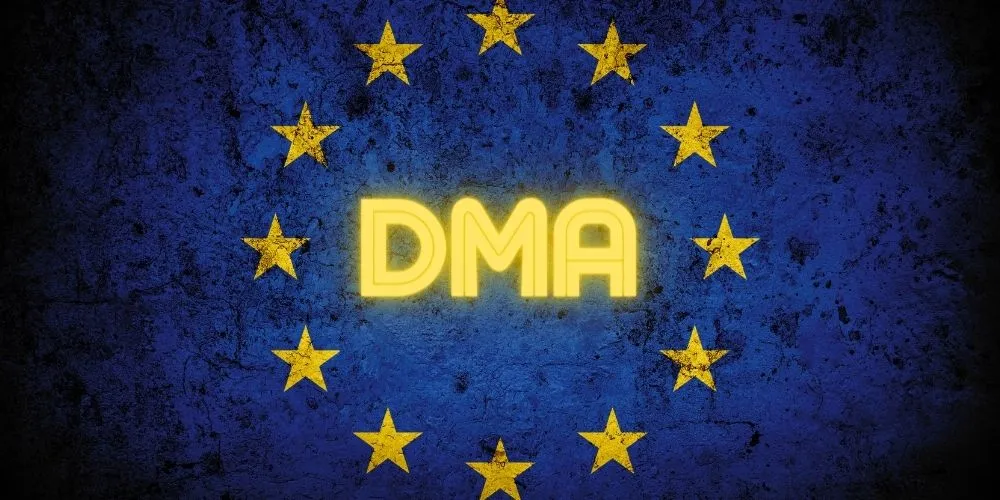Key Points
- The EU initiated legal proceedings to ensure Apple complies with the Digital Markets Act (DMA).
- The first focus is enabling proper connectivity between Apple’s iOS and external devices like smartwatches and headphones.
- The second proceeding examines Apple’s handling of third-party developer requests for iOS and iPadOS interoperability.
- Both proceedings will be completed within six months. Apple expressed willingness to cooperate but warned of potential risks to consumer security.
The European Union (EU) antitrust regulators have initiated legal proceedings to ensure Apple complies with the Digital Markets Act (DMA), a significant regulatory framework aimed at curbing the dominance of large tech companies by promoting interoperability and fair competition. These proceedings, launched on Thursday, are the first of their kind under the DMA, targeting Apple’s closed ecosystem and its potential to open it up to rival companies.
EU antitrust chief Margrethe Vestager announced that the proceedings will specify the steps Apple must take to meet its obligations under the Digital Markets Act, stating, “Today is the first time we use specification proceedings under the DMA to guide Apple towards effective compliance with its interoperability obligations through constructive dialogue.”
The European Commission focuses on ensuring that Apple enables proper connectivity between its iOS operating system and external devices like smartwatches, headphones, virtual reality headsets, and other internet-connected gadgets. Specifically, the Commission aims to ensure that Apple provides interoperability for functions such as notifications, device pairing, and general connectivity features. The proceedings will detail how Apple should comply with these requirements.
In addition to hardware interoperability, the second part of the proceedings will examine how Apple handles requests from developers and third-party service providers for greater interoperability with iOS and iPadOS. The Commission stressed the importance of a transparent, timely, and fair process for these requests, emphasizing that developers should have a predictable path to interoperability that allows them to innovate and compete fairly.
The proceedings will take up to six months to conclude, during which the EU Commission and Apple are expected to engage in discussions to clarify the company’s obligations. Should Apple fail to comply, the company could face significant fines under the Digital Markets Act, which aims to prevent gatekeepers from maintaining overly restrictive control over their ecosystems.
Apple responded to the proceedings, saying it will continue working constructively with the Commission but cautioned against potential risks. “Undermining the protections we’ve built over time would put European consumers at risk, giving bad actors more ways to access their devices and data,” the company warned in a statement.





